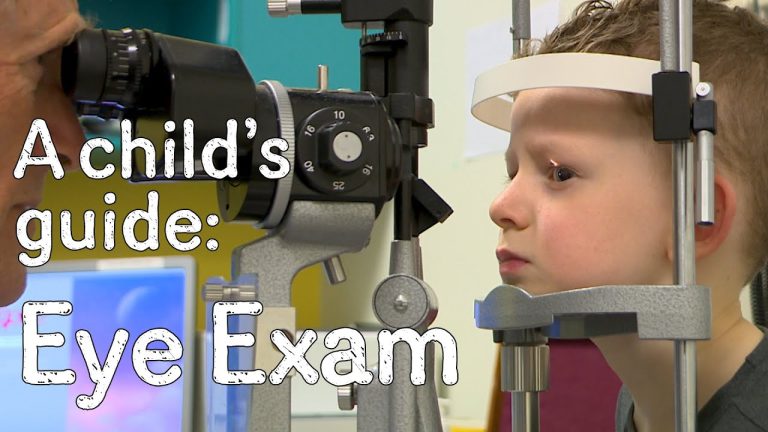Discover the Latest Advancements and Trends in Optometry for Optimal Eye Health
Optometry is a branch of healthcare that is focused on all aspects of vision and eye care. An optometrist is a trained medical professional who specializes in providing eye care services to individuals of all ages. They perform eye exams, diagnose eye conditions and diseases, and prescribe eyeglasses or contact lenses to correct visual impairments. Optometrists also work closely with ophthalmologists, who are eye surgeons, to provide complete eye care. With the increasing awareness of eye health, optometry has become an important field of healthcare.
There are many reasons why an individual might visit an optometrist. Regular eye exams can help detect eye problems early, which is crucial for maintaining healthy vision. For those with visual impairments, optometrists can prescribe eyeglasses or contact lenses that are customized to their specific needs. Additionally, optometrists can treat various eye conditions such as glaucoma, macular degeneration, and cataracts by providing medications, performing minor procedures, or referring patients to ophthalmologists for specialized treatment.
The Importance of Regular Eye Exams
Regular eye exams are vital for maintaining healthy vision. Many eye conditions and diseases, such as glaucoma, diabetic retinopathy, and age-related macular degeneration, are asymptomatic until they have reached an advanced stage. Optometrists can detect these issues early on and recommend appropriate treatment to prevent further vision loss. In addition to detecting eye problems, regular eye exams can also detect other underlying health issues such as diabetes and high blood pressure.
Types of Corrective Lenses
Corrective lenses are eyeglasses or contact lenses that help improve vision. There are several types of corrective lenses available:
- Single vision lenses: these lenses have the same power throughout and are used to correct nearsightedness, farsightedness, and astigmatism.
- Bifocal lenses: these lenses have two different powers and are commonly used to correct presbyopia, which is an age-related condition where the eyes have difficulty focusing on close objects.
- Trifocal lenses: these lenses have three different powers and are used to correct presbyopia as well as nearsightedness or farsightedness.
- Progressive lenses: these lenses have a gradual change in power from the top to the bottom of the lens and are commonly used to correct presbyopia without the visible line found in bifocal or trifocal lenses.
- Contact lenses: these are thin, curved lenses that sit directly on the eye and are used to correct nearsightedness, farsightedness, and astigmatism. They are available in soft and rigid forms, and are generally preferred by those who do not want to wear eyeglasses.
Conclusion
Optometry plays a critical role in maintaining healthy vision and overall eye health. Regular eye exams, early detection of eye problems, and appropriate treatment are all important in ensuring good vision for life. With the help of optometrists and ophthalmologists, individuals can receive comprehensive eye care that addresses all their needs.
Most wanted in Hoya Vision:
Hoya Lens Engravings
What brand lenses does Costco use?
Which lens is better Alcon or Johnson and Johnson?
What’s the rarest eye color?
Legacy Eye Care Llc
What’s the difference between 1.5 and 1.6 lenses?
Hoya Sensity Vs Transitions Xtractive
Should eyeglasses cover eyebrows?
1.53 Trivex Impact Resistant
Wide Corridor Progressive Lenses
















